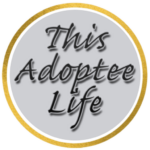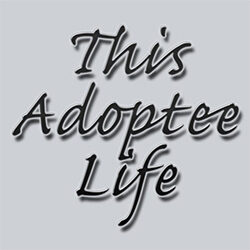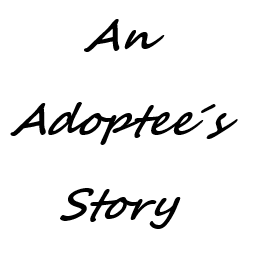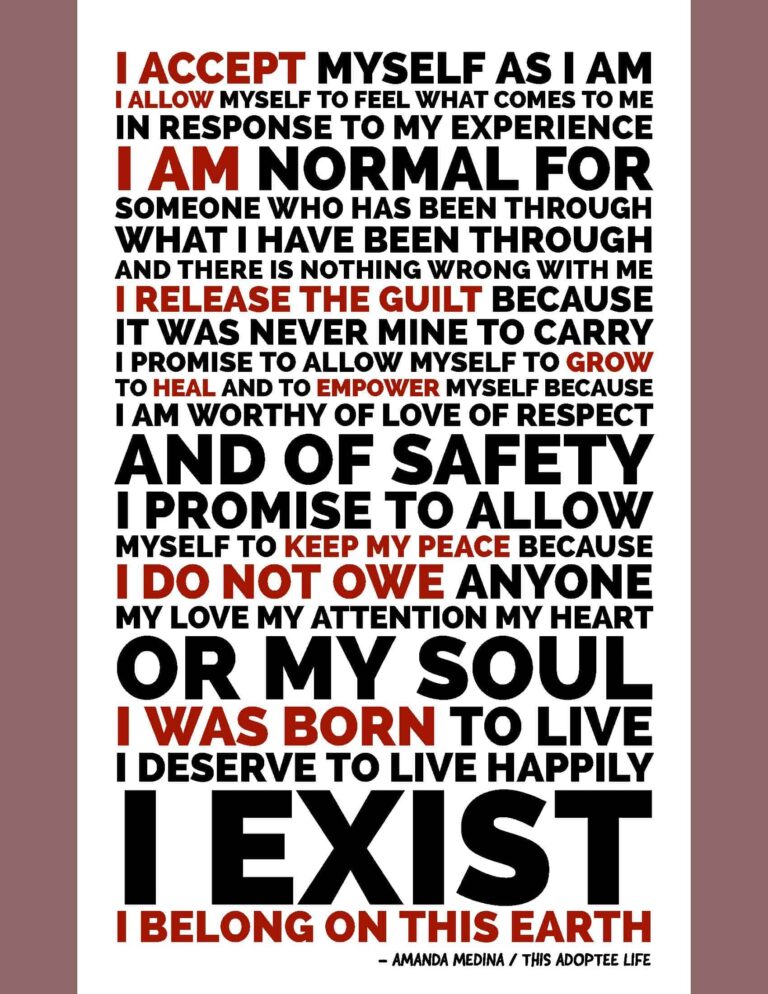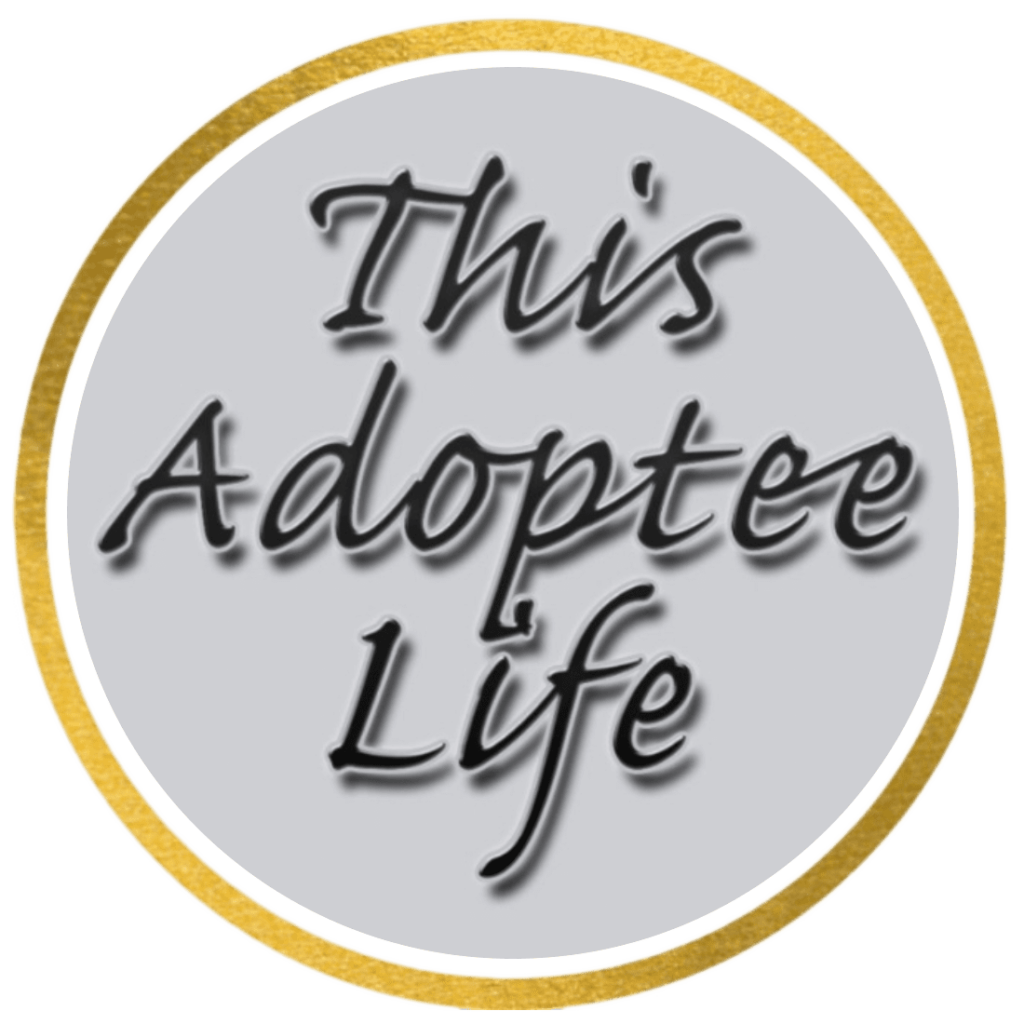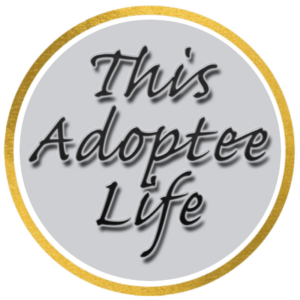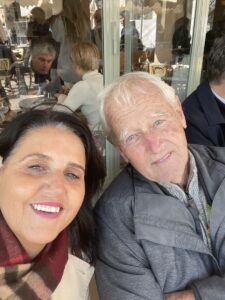
My Adoption Story part 10
I Am Not White!
Born in Colombia, adopted to Sweden.
Born Latina, raised Caucasian.
Growing up, I felt that I blended right in. I never looked at my friends as white and myself as not.

Looking back recently, I realized that I didn’t reflect over my friends’ whiteness, and while I am not sure if I considered myself white, I just never thought of it. I would not have worded it that way, but I did at the very least, feel I was no different. I never clashed with other people growing up. I was too cautious not to fall out of line, to clash with anyone. Growing up, it was fine. I didn’t feel different, and no one ever made me feel different.
Although, as I am writing this, little instances come to mind. Memories of moments I felt that I was actually not like my friends. In the summertime, there would be comments about my skin tone. They were usually well-meaning comments along the lines of “With your beautiful/already darker skin color, you won’t ever have to worry about suntanning”. I didn’t take offense when said, but I do realize looking back how that did point to a difference in me, as compared to most of my friends.
I remember looking at myself and my friends realizing that I developed earlier. I did not have the same body type as them. I was never skinny or petite like many of my friends. Our gene pools were just not the same and growing up I had no one who mirrored my body, my complexion, my hair color, my heritage, and background. I think this is where the difference also is in terms of being an adoptee and being a child with an immigrant background. While possibly feeling somewhat displaced, a child with an immigrant background, does have his or her family, his or her cultural, racial and social background present, and accessible, where the adoptee is standing alone in their experience and their loss of reflection around them.
I also do remember one instance when a comment was said to me that made me feel a bit surprised as it pointed to my difference. Someone commented on my lips being very full and made a small comment/joke (with no ill intent), that I would be spending a lot of money on lipstick, seeing how my lips were very full. It has not bothered me, it has not offended me, but I still see how that is a comment that could very well have caused damage, as it pointed to a feature of mine that was clearly standing out as not Swedish, not white. I have always been very proud of my lips and consider them one of the features I like best about myself in terms of physical aspects, so no harm done. BUT, what is more important is how that sort of comment does point to the inescapable fact that when an adoptee is transracial, there IS a difference and the difference IS noted, by others and many times more so by the adoptee themselves.
Pretending to be blind to that, ignoring that or actively rejecting that fact, does not make the difference go away, but makes the elephant in the room grow even bigger, even more powerful AND it adds shame to the situation. The adoptee is the one who ends up carrying that shame, and we do it, in the name of sparing our adoptive parents’ feelings.
Seems a bit backwards doesn’t it?
As for myself, I WAS different. I did not have any racial mirroring growing up. The fact that I was not able to, willing to, or ready to realize and accept that I was not white, not European, not Caucasian, growing up, does not mean that it didn’t make its way into my life. I think race and culture mix for me and so the biggest reason I was able to blend in socially and by extension felt comfortable racially, was because my cultural experience, my social experience, was only Swedish and only white. Except for my brother, I don’t remember being around any children with immigrant background growing up. Not until high school would I encounter them, and even then, I was so “comfortable” in my Swedish identity outwards, that I felt no need to identify with them.
That said, I remember saying from a very young age (maybe 5 or so) that I would not live in Sweden my whole life. I knew in my heart that I would get out of Sweden, to live somewhere else, and maybe or maybe not return one day. While I identified as Swedish, I did not ever feel a bond to Sweden, as if it was my homeland. It was just where I had ended up and so I grew up Swedish but knew I would spend much of my life elsewhere growing up.
My first chance came when I was 16 and got to move to Spain as a guest student. For the first time, I was able to be more, to be more me. Spain, while European and Caucasian, is worlds away from Sweden. People are louder, more out-going, more…just more. I was allowed to exit, welcomed even out of my shell. I easily adapted to the Spanish ways, learning the language of my origin in the process (albeit with a very different accent). There was no culture shock for me moving to Spain, but coming back to Sweden after, things changed. I had changed. And there was an internal shock as I was not willing to conform back into Swedish ways.
Where I had previously had mostly all Swedish friends, I started to gravitate towards friends with an immigrant background, feeling I was able to continue rejecting my “Swedishness”, the way I had started to while living in Spain. I was still not seeing it as a racial thing, did not reflect on my darker skin or Latina appearance. But I rejected the quiet, the held-back, reserved and square ways of the Swedes. I rebelled by being extra loud, laughing extra loud, talking extra loud, taking up more space than what was the social norm at the time. Growing up I had kept in check, now I provoked the side glances. And I had a group of friends around me who not only accepted that, but acted much the same way, if not more. And while I felt I related more to them, I still not fit in fully. They had their origins around them. I did not.
I was still balancing between being Swedish and not, being at home and not, trying to find the place where I could feel at peace and like there was room for me.
I found it in the US. The first time I was in New York City was the first time I felt at home. The first time I walked up the stairs from the subway in Manhattan and heard Spanish spoken all around me, the life, the noise, the chaos, I felt at peace. I knew in that instant that New York was the place I had been wanting to go to my entire life, without even considering it an option. In New York, I was allowed to be a private person, but never alone. I was able to be me, whatever version of me I wanted to be, and I would find my group of people. I was constantly surrounded by life but was not obligated to share my time with anyone. It worked for me. I could have a small close circle of friends, who I had selected, and the rest of the city and the people were surrounding, assuring me I was never alone. Automatically, I had friends from varying backgrounds. People were fascinated by my story. I was able to act Latina and I was able to draw benefits from my European experience. But there were times when I felt out of place, especially when actually approached as Latina. I could never just say I was Colombian. I always had to offer a disclaimer of sorts. The standard conversation would go something like this:
Them: Where are you from?
Me: I was born in Colombia but raised in Sweden.
Them: Oh really? Sweden?
Me: Yes, I was adopted to Sweden, so I grew up Swedish.
To most that was enough. They were intrigued and I had truthfully let them know that my experience in life was not Latina, barring any later misunderstandings. It explained why I didn’t speak Spanish with a Colombian accent. It explained why I may look puzzled at the mentioning at even the most basic classics mentioned in music, food, and other cultural features. It would explain that being Colombian didn’t mean I actually knew Colombia, had ever been there to remember it, or acted typically Colombian. I had learned the hard way to throw in that disclaimer, not to be assumed to know about typical Colombian things. It was all still a social disconnect to me though, no racial aspect to it all. Coming out of the fog would eventually change that. It started with me feeling a deeper pride in being Colombian, seeing fellow adoptees from Colombian truly embrace their “Colombianess” and claiming Colombia as theirs, even though they had never lived there or spoke the language.
After more than ten years in the US, married with two children, my husband and I decided to return to Sweden for some time. I no longer had the Swedish last name of my adoptive parents, but instead the Latino last name of my husband. I know that my name now will be read as the name of a person with an immigrant background, not a woman who has grown up with exclusively Swedish culture, food, and experience. With Swedish parents. Both of them. Growing up, I felt that I could pass for white. I almost feel embarrassed admitting to that now, understanding the term white-washed in a personal way. I look at my daughters in a sea of Swedish kids, and they stand out. In the way they look and in the way they act. Several times, I have found myself in a sea of majority if not only Swedish people, and I stand out. Recently, I was looking through pictures from when I was little, and it dawned on me, I was the only non-white person among all my friends, and I stood out. The disconnect was always there, the difference is that now it makes sense. It never did growing up. I also recently watched John Leguizamo’s “Latin History for Morons” on Netflix and it brought me an aha-moment. He talks about how Latin American history has been pushed aside and how growing up, he lacked historical heroes of Latin American descent, of his own people. I realized that my entire life, I had bought into the idea that I wasn’t truly a person with an immigrant background, that I was more Swedish than Colombian, more white than Latina, more European than Latin American, and I felt fooled. I felt denied my own origin, my own history, and my own background. All over again. I felt I had been brought along in the denial and not understanding the situation, not being able to put words to my feelings of disconnect, and it not being socially acceptable to talk about race where I grew up, I adopted the Swedish, white identity that I was expected to do as an adoptee child to fully Swedish, white parents. To this day, I don’t feel completely comfortable with this topic, but I know how important it is, and what a large part it is of who I am, so I push my discomfort aside and for the first time in my life, I am able to look at myself truthfully and say:
I am not white!
And as a transnational, transracial adoptee, that matters…
I thank you from the bottom of my heart, for spending this time with me, reading my story.
If you would like to share your story, I would love to connect with you and help you share it here alongside mine.
Own your story, share your story, write your story.
All my love to all of you.
– Amanda Medina
PS. We are all in this together!
Go to My Adoption Story, to read my whole story from the beginning.
Amanda Medina
About Us
This Adoptee Life is where adoptees can explore their story, share their experience, and speak their truth, in support and community with fellow adoptees, and the world.

